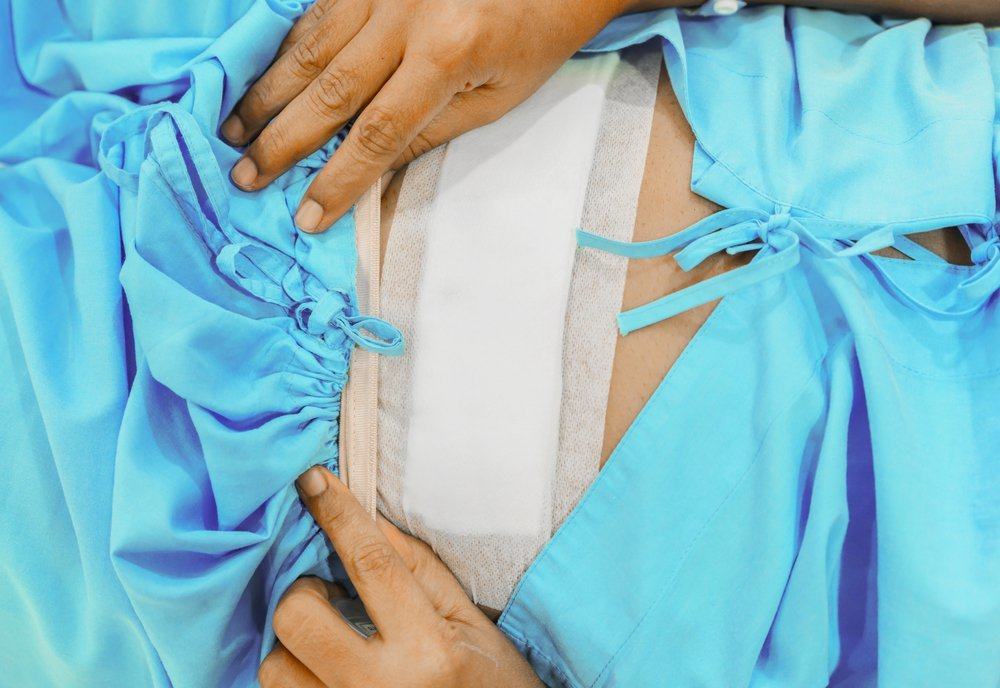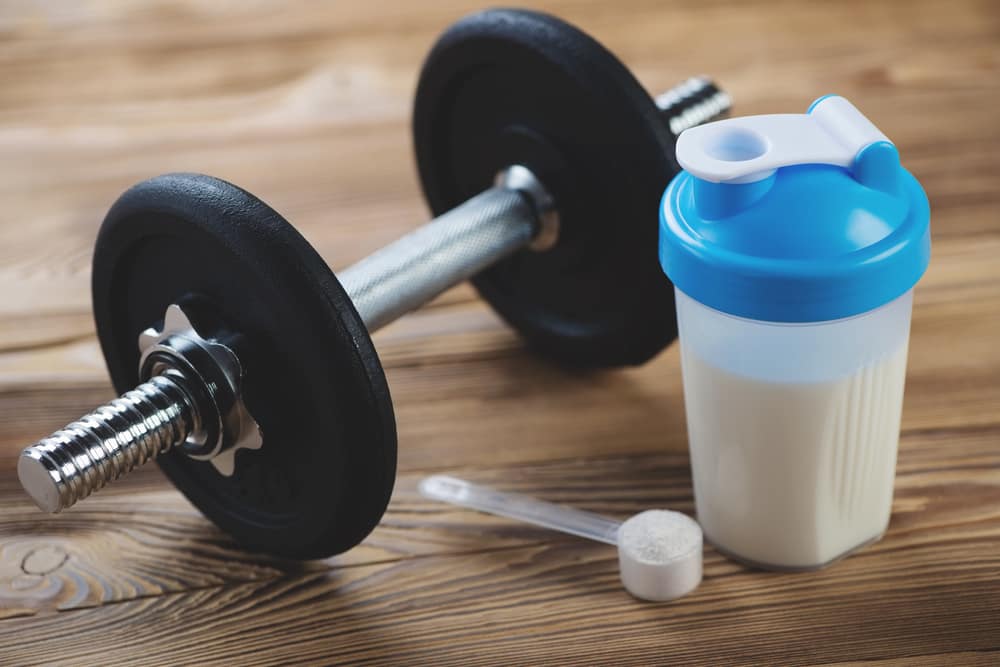Contents:
- Medical Video: Antideoxyribonuclease B Titer Anti DNase B ADB
- What is antideoxyrobonuclease-b titer?
- When should I undergo an antideoxyrobonuclease-b titer?
- What should I know before undergoing an antideoxyrobonuclease-b titer?
- What should I do before undergoing an antideoxyrobonuclease-b titer?
- What is the antideoxyrobonuclease-b titer process?
- What should I do after undergoing an antideoxyrobonuclease-b titer?
- What do the test results mean?
Medical Video: Antideoxyribonuclease B Titer Anti DNase B ADB
Definition
What is antideoxyrobonuclease-b titer?
This test is used to determine the presence of Streptococcus infection.
Group A Streptococcus infection can be identified through several complications such as rheumatic fever, scarlet fever, glomerulonephritis. This test is generally used to see Streptococcus infections (such as strep throat, pyoderma, pneumonia) caused by Streptococcus disease after infection. Diseases that occur after infection occur in the later stages of infection and usually do not show any symptoms during the incubation period.
Streptococcus produces extracellular enzymes, streptolysin O, which can dissolve blood. Streptolysin O has the ability to stimulate ASO antigens. ASO is present in the serum after 1 week to 1 month after Streptococcus infection. These antibody titers are not used specifically to indicate one disease after infection, but to determine whether you have a Streptococcus infection.
Like ASO antibody titers, ADB is also used to identify if you have been infected with Streptococcus. Although there are ADB tests that are more sensitive than ASO, doctors rarely use a single test to assess Streptococcus ADB infection because the results usually vary.
The Streptozyme test can determine the type of antibody surface antigen from group A Streptococcus, such as anti-streptolysin O, anti-streptokinase and anti-hyaluronidase. About 80% of the samples showed positive results on anti-streptolysin with Streptozyme O, and 10% on anti-streptokinase or anti-hyaluronidase. 10% is caused by ADB antibody or other Streptococcus extracellular antibodies.
Group B Streptococcus antigens accumulate in CSF, serum or urine. Antigens can help in determining microbial antigens. This antigen can be associated with acute infection and is not related to the disease after the above Streptococcus infection.
To confirm the diagnosis of Streptococcus, you must be isolated.
When should I undergo an antideoxyrobonuclease-b titer?
This test is usually recommended if the doctor suspects you have Streptococcus and fever or kidney problems (glomerulonephritis) caused by this bacterial infection.
Anti-DNase B tests and serologic tests are used for antibodies to other streptococci, such as the enzyme hyaluronidase antibody test, which can be used if the ASO test results are negative when identifying whether Streptococcus has occurred before.
Symptoms of rheumatic fever:
- fever
- swelling and pain in more than one joint, such as ankles, knees, elbows and wrists. Sometimes it moves from one joint to another
- small pimples that don't hurt under the skin.
- jerky movements (Syndenham’s chorea)
- rash
- sometimes there is swelling of the heart (pericarditis), this situation may have no symptoms but can cause shortness of breath, palpitations or chest pain.
Other symptoms of glomerulonephritis:
- fatigue
- decreased amount of urine
- urinary bleeding
- edema
- hypertension
It should be noted that these symptoms can be found in other conditions.
Prevention & warning
What should I know before undergoing an antideoxyrobonuclease-b titer?
Beta-lipoprotein levels can increase the inhibition of Streptolysin O and cause a false increase in ASO titers.
Adrenocorticosteroids and antibiotics are medicines that can reduce the amount of ASO.
If there is an increase in the level of ASO in the blood, the Anti-DNase B test does not need to be continued. However, if the ASO test results are negative, Anti-DNase B can be used to determine Streptococcus in people who do not produce ASO or have low ASO levels.
It is important for you to understand the warnings above before running this test. If you have questions, consult your doctor for further information and instructions.
Process
What should I do before undergoing an antideoxyrobonuclease-b titer?
Things to consider before undergoing the test:
- note the doctor's explanation of the test process.
- fasting before the test is usually not needed
What is the antideoxyrobonuclease-b titer process?
The medical personnel who are in charge of taking your blood will take the following steps:
- wrap an elastic belt around your upper arm to stop the blood flow. This makes the blood vessels under the bond enlarge making it easier to inject needles into the vessels
- clean the part to be injected with alcohol
- inject a needle into a vein. More than one needle may be needed.
- attach the tube to the syringe to fill it with blood
- remove the ties from your arms when taking blood is enough
- attach gauze or cotton to the injected part, after the injection is finished
- put pressure on the part and then put on a bandage
The doctor will store the blood sample in the tube with a red lid.
What should I do after undergoing an antideoxyrobonuclease-b titer?
Even though you generally won't feel pain, some people can feel pain when a new needle is injected. But when the needle is inside the vein, the pain usually doesn't feel. Pain depends on the skills of the nurse, the condition of the blood vessels, and your sensitivity to pain.
After the blood collection process, you are recommended to bandage with a bandage and lightly press your blood vessels to stop bleeding. You can move as usual after the test.
If you have questions about the process of this test, consult your doctor to understand further.
Explanation of Test Results
What do the test results mean?
Normal results:
Antistreptolysin titre O:
- adult: ≤ 160 Todd units / mL
- baby: same as the result of his mother
- children 6 months - 2 years: ≤ 60 Todd units / mL
- children 2-4 years: ≤ 160 Todd units / mL
- children 5 - 12 years: 170-330 Todd units / mL
Antideoxyribonuclease-B titers:
- adult: ≤85 Todd unit / mL or below 1:85 titer
- preschoolers: ≤60 units of Todd / mL or less than 1:60 titer
- School-age children: 70170 Todd units / mL or less than 1: 170 titer
- Streptozyme: titers less than 1: 100
- Group B Streptococcus antigen: not found.
Abnormal results:
Improvement on:
- streptococcus infection
- rheumatic fever
- acute glomerulonephritis
- endocarditis infection
- scarlet fever
- Acute Streptococcal pyoderma
Test results can vary depending on the laboratory. Consult your doctor if you have questions about the test results.
Hello Health Group does not provide medical advice, diagnosis or treatment.











